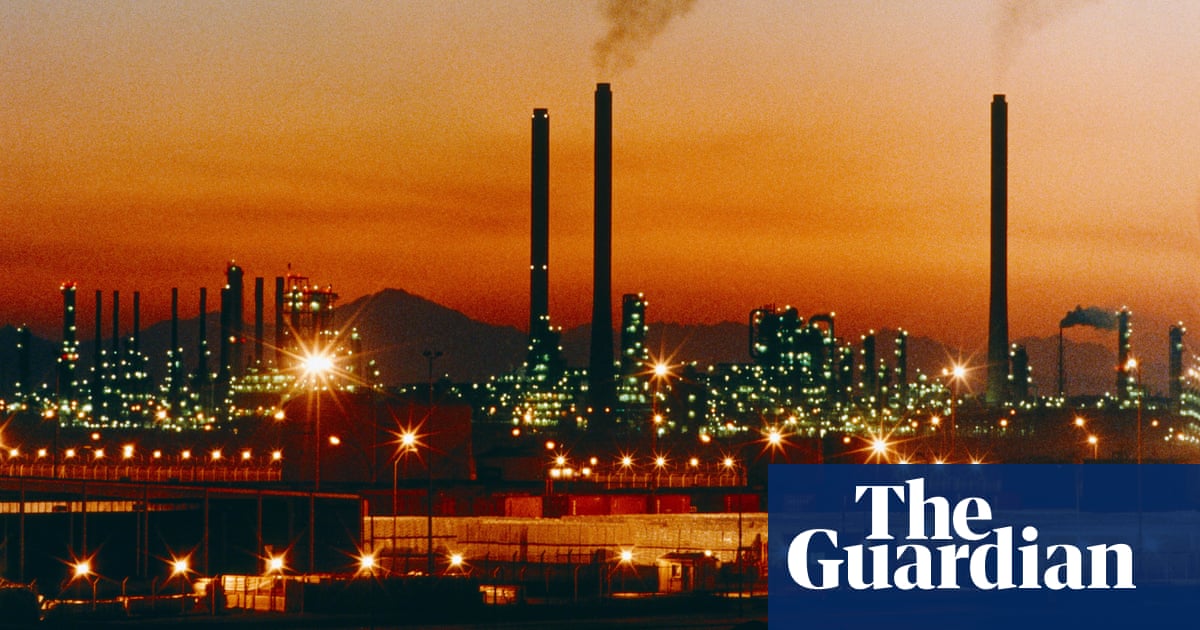
Oil producers in the OPEC+ group, led by Saudi Arabia and Russia, were expected topressure Mexico on Friday to seal an accord for a collective cut in output of 10 million barrels per day (bpd), before asking other nations for a further 5 million bpd of cuts.
Saudi Arabia has led the way in organizing global cooperation to bolster the oil market that collapsed as the coronavirus pandemic accelerated in March. OPEC+ agreed to cut 10 million bpd of production on Thursday but the group said a final agreement was dependent on Mexico signing up to the pact after it balked at the cuts it was asked to make.
Energy ministers of the Group of 20 most powerful nations will meet by conference call at 1200 GMT, with some members expected to pledge additional cuts. In reality, it is unclear which of these countries, including the US, UK, Norway and Brazil, will make a deliberate cut in production as many of them are cutting anyway because of low prices.
“I hope (Mexico) comes to see the benefit of this agreement not only for Mexico but for the whole world. This whole agreement is hinging on Mexico agreeing to it,” Saudi Energy Minister Prince Abdulaziz bin Salman told Reuters by telephone.
During Thursday’s talks, Mexico proposed reducing its oil output by 100,000 barrels per day (bpd) in the next two months, and would reduce output to 1.681 million bpd from 1.781 million bpd reported in March, Energy Minister Rocio Nahle said in a tweet on Thursday. Mexico was being asked to cut by 400,000 bpd.
Oil prices fell on Thursday despite OPEC+ nearing agreement as the lockdowns ordered across the world sucked life out of the global economy, and traders reckoned that even a combined reduction of 15 million bpd would be too little to stabilize the market.
“The agreed cuts are woefully inadequate unless we see the US and Canada join in cuts in a big way at today’s G20 energy ministers meeting,” said Jeffrey Halley, senior market analyst at trading firm OANDA.
In a separate phone call after Thursday’s meeting, Saudi Arabia’s King Salman, U.S. President Donald Trump and Russian President Vladimir Putin reviewed the importance of cooperation between oil producing countries, Saudi state news agency SPA reported.
“Desire was confirmed for coordination of actions aimed at the stabilization of the global oil trade situation and the mitigation of the negative impact from volatile oil prices on the global economy,” the Kremlin said following the call with other producers.
International Energy Agency Executive Director Fatih Birol told Al Arabiya on Thursday that oil importers also have an important role to play in solving the energy crisis.
Oil importers “are going to contribute to the solution … by buying oil to put in their strategic reserves in order to give a lifeline to demand,” Birol said.
While the G20 will provide a form for important oil producers, including the US and Canada, to voice their thoughts on the market following Thursday’s OPEC+ meet, Birol stressed the importance of the oil market for all nations.
“Given the size of the challenge we are facing today it is also very important what will take place tomorrow in the G20 meeting … because I think we need many countries coming together, having a dialog and trying to find a solution to this problem. It is not just a problem for a few oil producing countries but a problem for the global economy,” Birol added.
Although OPEC’s agreement may be contingent on Mexico’s involvement, the systemic oversupply in markets will not be solved by their agreement, Halley explained.
“Mexico is only 1 million barrels a day. It really needs the US and Canada to come to the party with major cuts,” he said.The American way
US authorities have so far shunned any mandated output cut agreement.
On Wednesday, a Texas oil and gas regulator said that the US will likely shave at least 4 million bpd in oil production over the next three months due to the crisis.
“I’d say at least 20 million bpd in cuts are needed, and the US will cut at least 4 million barrels per day in next three months organically,” Ryan Sitton, one of three commissioners at the Texas Railroad Commission, the oil and gas sector regulator for Texas, said in a Tweet.
However, some smaller US shale producers have urged state regulators to clamp down on crude production. One firm noted that regulators and the Trump administration need to “step up to the plate and save Texas and the American energy industry right now, before it is too late.”
With agencies
Read more:
Trump says Saudi Arabia, Russia ‘close’ to oil production deal after OPEC+ meeting
OPEC+ outlines oil cut deal, but Mexico holds up final agreement: Sources
OPEC+ oil pact ‘hinges on’ Mexico joining, says Saudi Arabia’s energy minister
اي استفسار أو طلب خاص بخصوص التوظيف يمكنك التواصل مع الابميل التالي – مجير الموقع :
alturky28@gmail.com
لطلبات التصميم او البرمجة التواصل مع :
hamzalaabar@gmail.com










